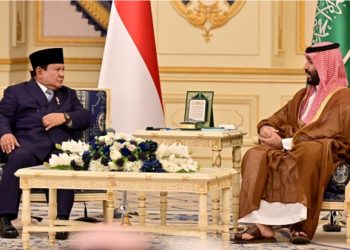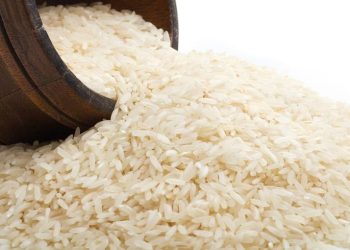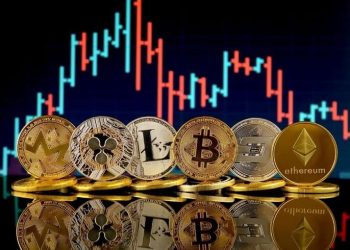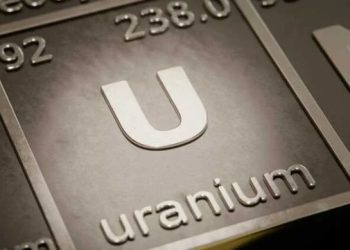Bandung, IndonesiaSentinel — Indonesia’s Minister of Energy and Mineral Resources (ESDM), Bahlil Lahadalia, has reaffirmed the government’s commitment to expanding its mineral downstreaming program, targeting industries such as bauxite, tin, and copper. This initiative follows the successful downstreaming of nickel, which has significantly contributed to Indonesia’s economic growth.
“Downstreaming has already begun, and nickel has been successful. Now, we are focusing on other commodities like bauxite, copper, and tin,” Bahlil stated during a press conference at the Ministry of Energy and Mineral Resources, on Monday, September 23, 2024.
Bahlil expressed confidence that expanding the downstreaming of nickel and other natural resources is a key strategy for the government to boost Indonesia’s economic growth to over 5%. “We are currently organizing our raw materials to ensure they are allocated to companies capable of conducting downstream processing, or to those who can collaborate with relevant industries,” he added.
In a similar vein, Septian Hario Seto, Deputy for Investment and Mining Coordination at Indonesia’s Coordinating Ministry for Maritime and Investment Affairs, highlighted the government’s plans to push for the downstreaming of additional minerals, including copper, aluminum, and bauxite.
“President Joko Widodo’s vision is not just about downstreaming individual commodities, but rather about building an integrated industrial sector,” Seto remarked during an appearance on CNBC Indonesia’s Closing Bell program on Wednesday, September 27, 2023.
Sneaker Culture Among Indonesia’s Youth, New Balance Leads the Charge at Coffee Shops
Seto explained that by combining downstream efforts across multiple minerals, the economic value generated will be far greater. The government is now focusing on integrating the mining sector into a cohesive industrial ecosystem. “For bauxite, for example, we have received numerous investment proposals to develop downstream processing, starting with alumina smelters and leading to aluminum production,” Seto noted.
Additionally, Seto predicted that global copper supply is likely to face a shortage in the near future, given that an electric vehicle requires at least 50 kilograms of copper.
“Several electric vehicle manufacturers have already contacted us, asking if Indonesia can supply the copper they need. We said yes, but only if they are willing to invest in building electric vehicle factories in Indonesia,” Seto concluded.
The Indonesian government’s focus on expanding the downstreaming of its mineral resources aligns with its broader economic strategy, aiming to attract foreign investment while adding value to the country’s raw materials.
(Raidi/Agung)

























